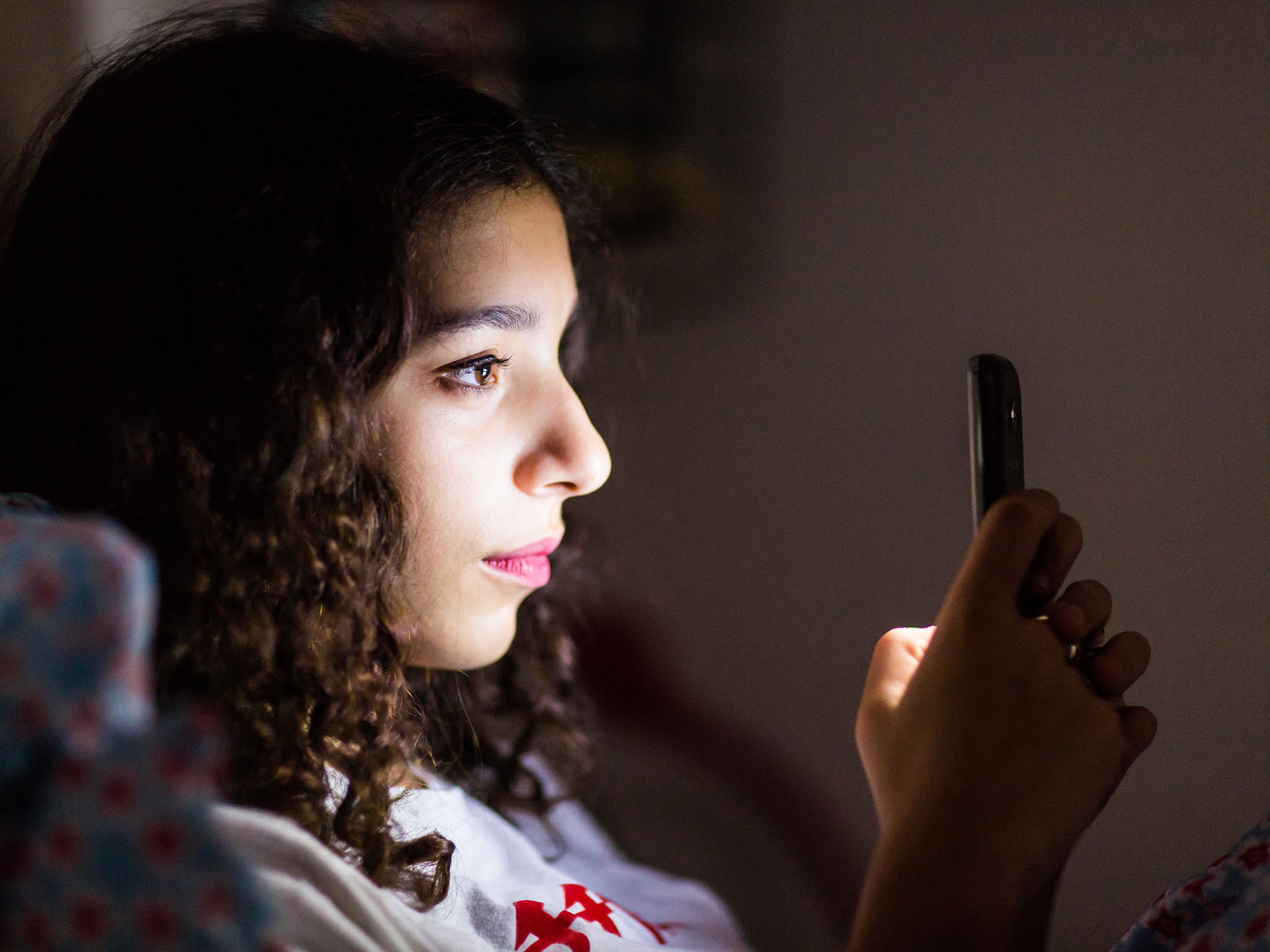iOS 10 bug: Bedtime feature sets an alarm for when to sleep – but may lead to problems waking up
The feature is an incredibly useful way of forcing yourself to go to sleep, but there appears to be a bug that stops it from effectively waking you back up again

iOS 10 includes a new feature for helping people get to bed – but appears to have a bug that stops them from waking up on time.
The new Bedtime feature is a new kind of alarm – meant not only to be set for when you wake up, but also when you should be going to sleep. It aims to make sure that people spend enough time in bed by alerting them to their sleep time, and analysing whether or not they’re actually making it into bed on time.
It’s used by heading to the Clock app in iOS 10, where there is a new tab at the bottom. There, you’ll get the option to add what time you want to wake up and then what time you want to go to sleep.
But the first strange behaviour comes when the app asks users what days of the week they want the alarms to run. The app asks its users to deselect rather than select the days they want it to work – but given that’s the opposite way around to usual, people might find themselves telling the phone to wake them up when they don’t want to be, and vice-versa.
And more, some people are reporting that if they set the Bedtime alarm at the same time as they already have the normal alarm set, neither of them actually appears to go off. A popular Reddit threads has reports from a huge number of people who have been failing to wake up – apparently because the phone just ends up snoozing itself – though others report no problems.
The best way to fix the problem appears just to be to make sure that the two alarms aren’t set for the same time. That can be done either just by picking one, or setting the two a couple of minutes apart.
Once the Bedtime feature is working, it is a very easy way of automating morning alarms and making sure that you have more sleep. It also uses motion data and other information to try and guess when you actually fell asleep and woke up, meaning that you can view the chart within the Clock app to see how well you’re doing at keeping to your new bedtime.
Join our commenting forum
Join thought-provoking conversations, follow other Independent readers and see their replies
0Comments